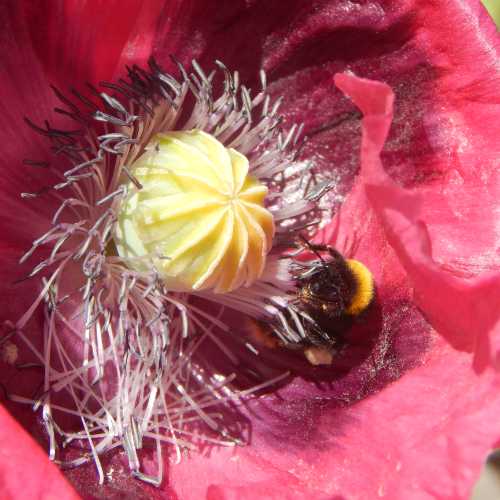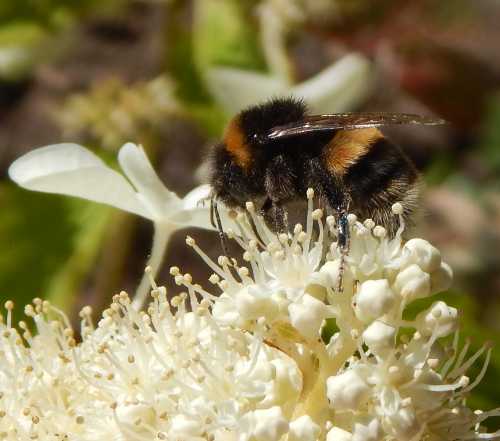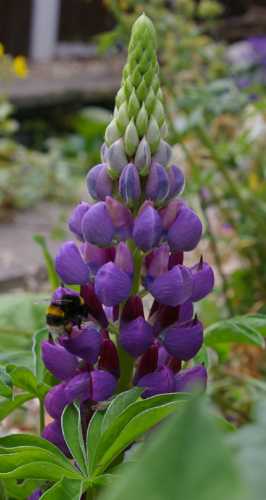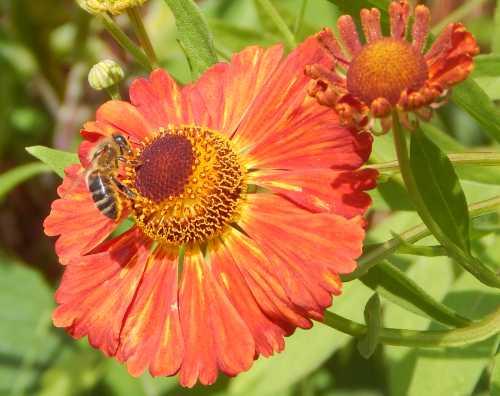Dead Bumble Bees Outside A Nest Entrance
If you discover a bumble bee nest around your property, you may be alarmed one day to find dead bumble bees around the nest entrance, or perhaps below the nest if it is in an elevated position. Typically you may see several bees, perhaps five or six, perhaps a few more or less.
This is actually quite normal, but this is a typical query with my response to such questions.
Hi there,
We were delighted to discover we have a bumble bee nest in our attic. This is no problem to us whatsoever, and we have decided to just let them bee (haha).
However, I've noticed a number of dead or injured bumble bees on our decking, directly below the nest site.
All of them had major damage to their wings. Is there some condition which affects their wings and is there anything I can do to prevent or treat this?
It's so sad to see and I know they have such a hard time anyway.
Regards Paul, UK
My response:
Do not worry! Finding a few dead bumble bees below or outside a nest entrance is actually quite normal.
It is likely that these bees have died of natural causes, and other worker bees alive and remaining in the nest automatically clear these out to keep the bumble bee nest hygienic.
As worker bumble bees forage, their wings eventually become ragged with age. Workers only live for a few weeks.
An attack from a predator or natural enemy is also possible, but I suspect that in this case, it is just as likely that death has been caused by the bees eventually becoming more ragged as they go about their work.
Another common sight if you look closely at the dead bees, is that some of these bumble bees may have less hair, bleached (paler) hair or a more 'untidy' appearance to the hair on their bodies. Again, this is a sign of age.
Worker bumble bees emerge from the nest at different times, so those which emerged earliest from this particular colony will probably be looking a bit tatty now.
If you'd like to know more, I have an information page about the bumble bee life cycle.
There is nothing to be done, other than allow nature to take it's course, and of course, make sure you have a garden that is welcoming to bees.



